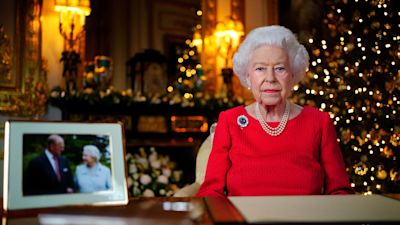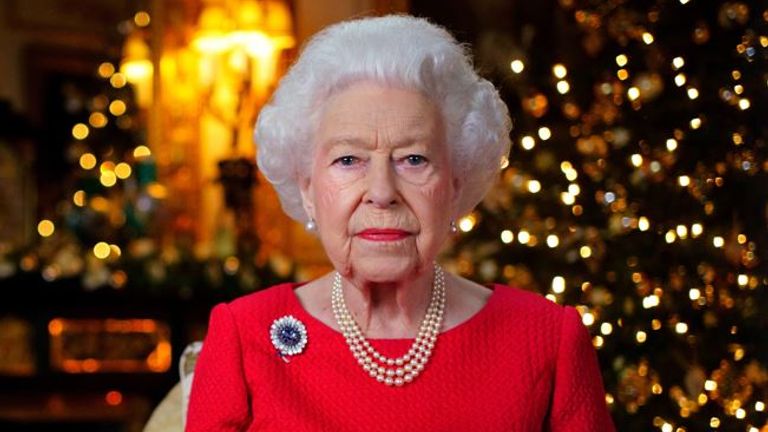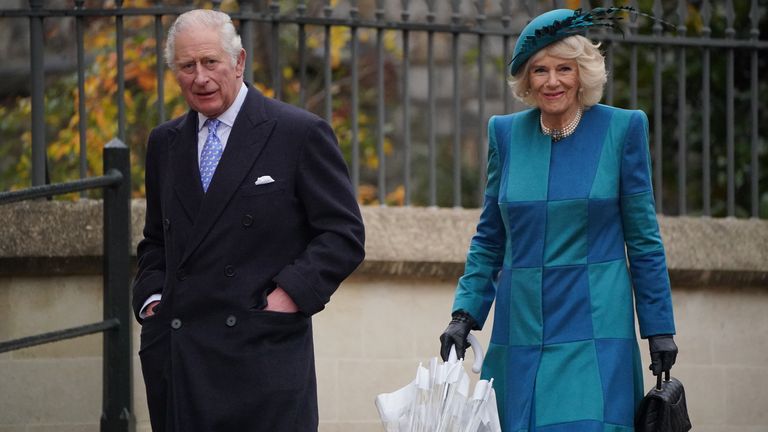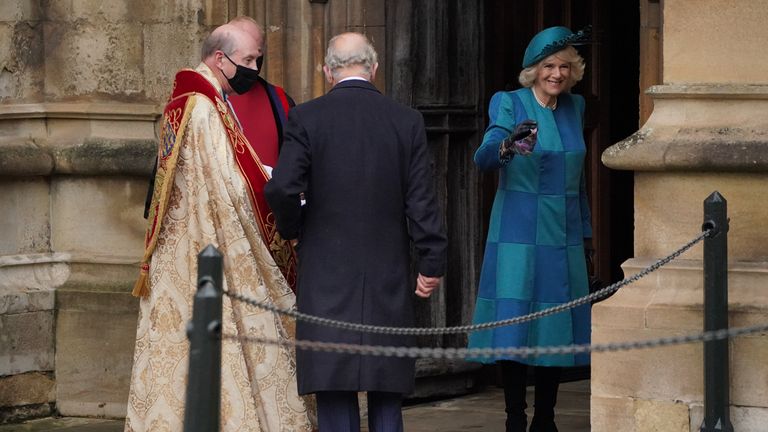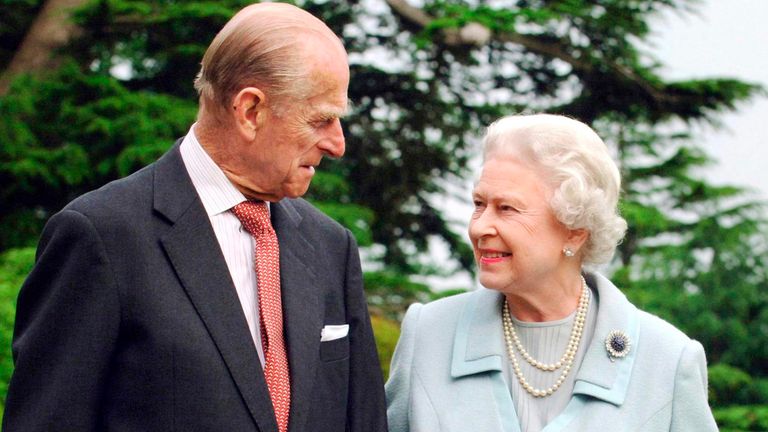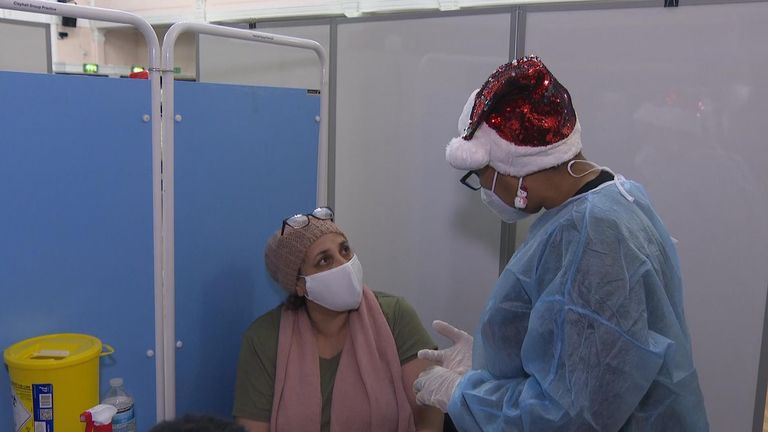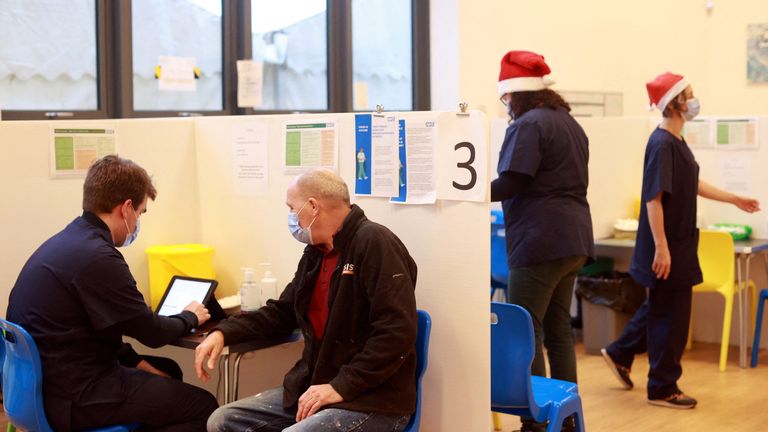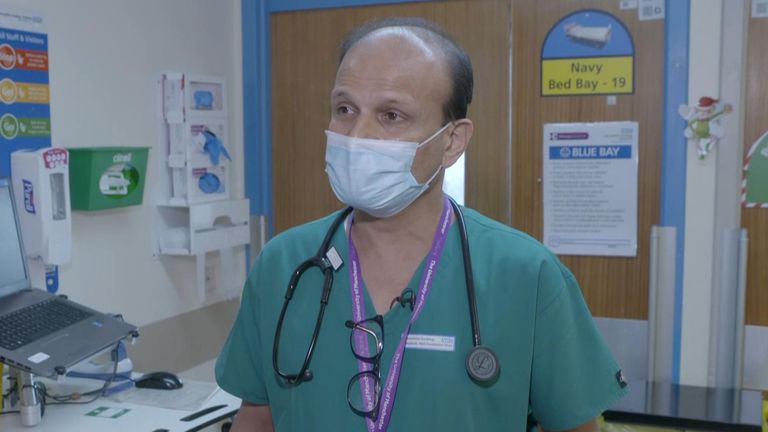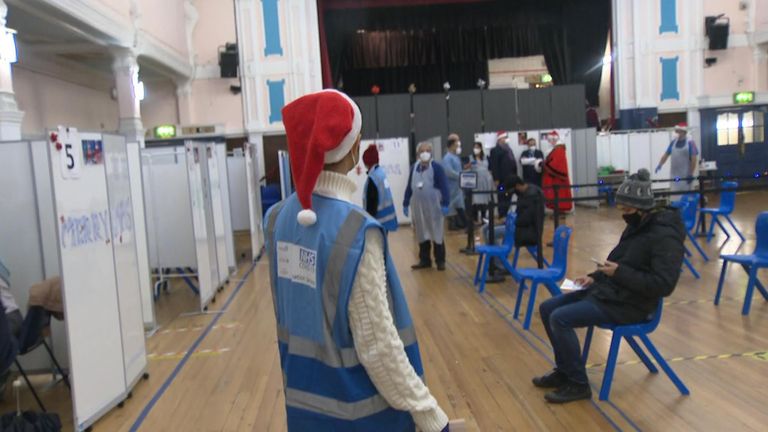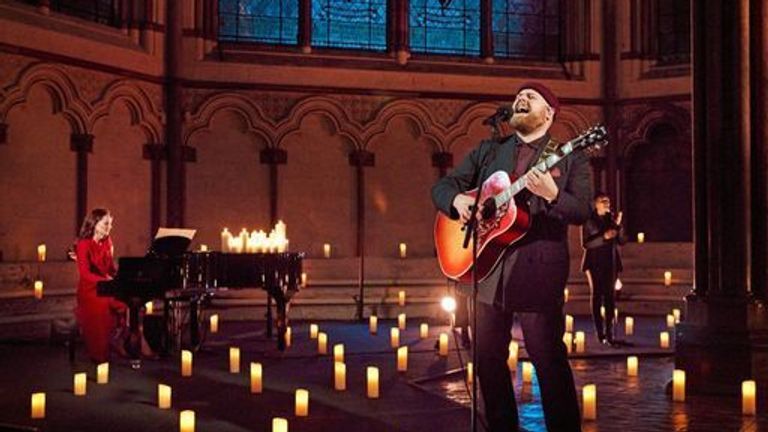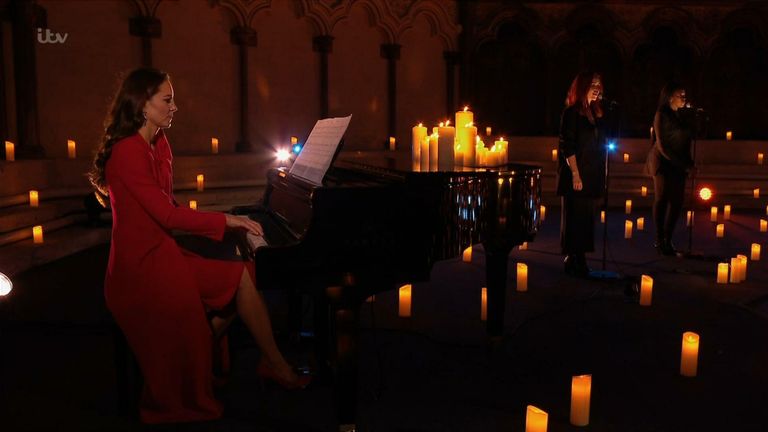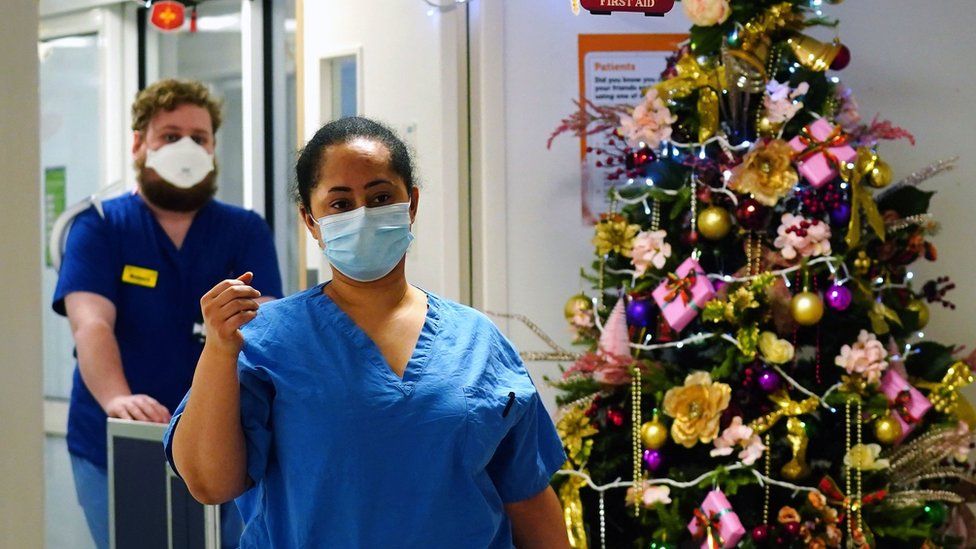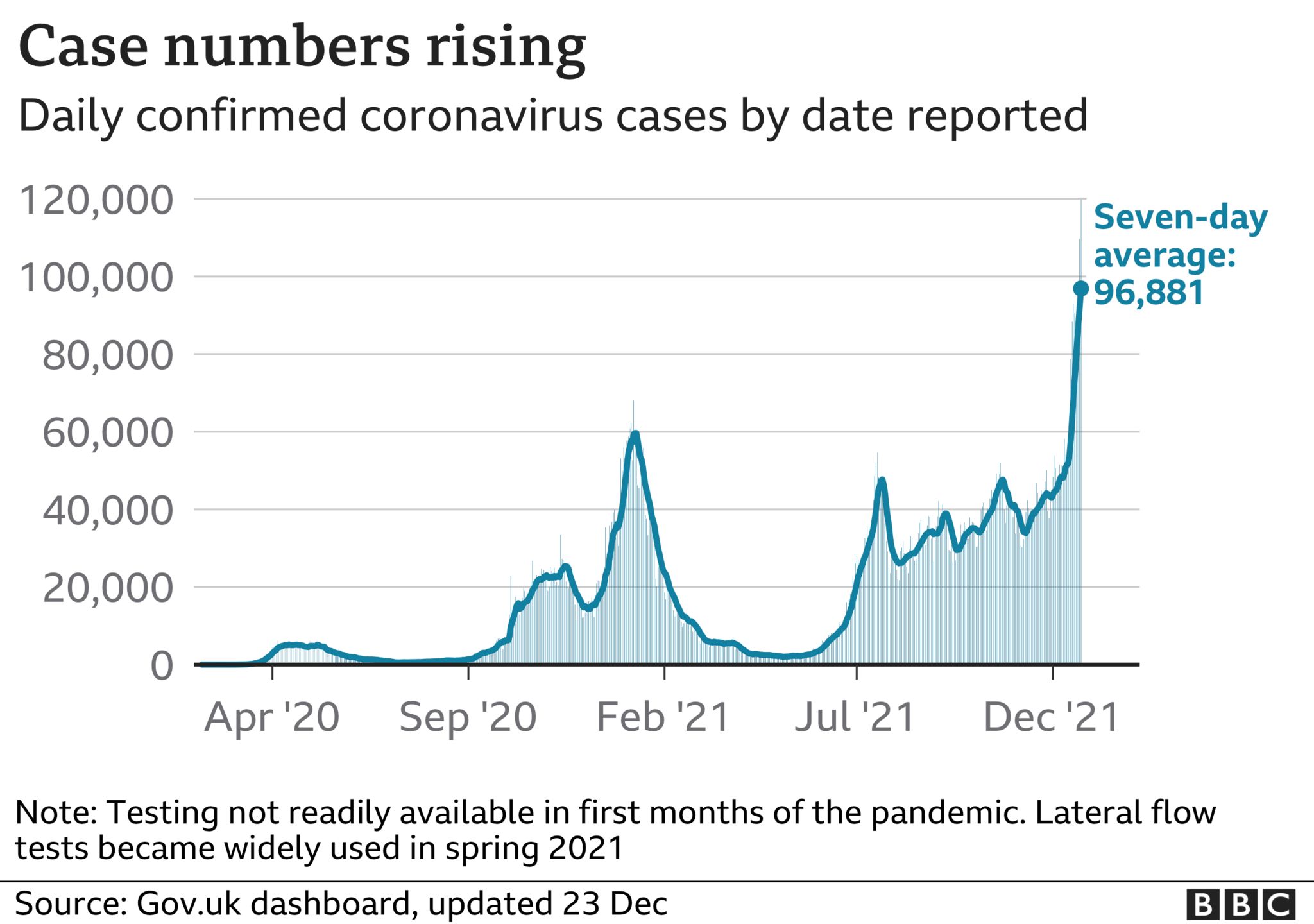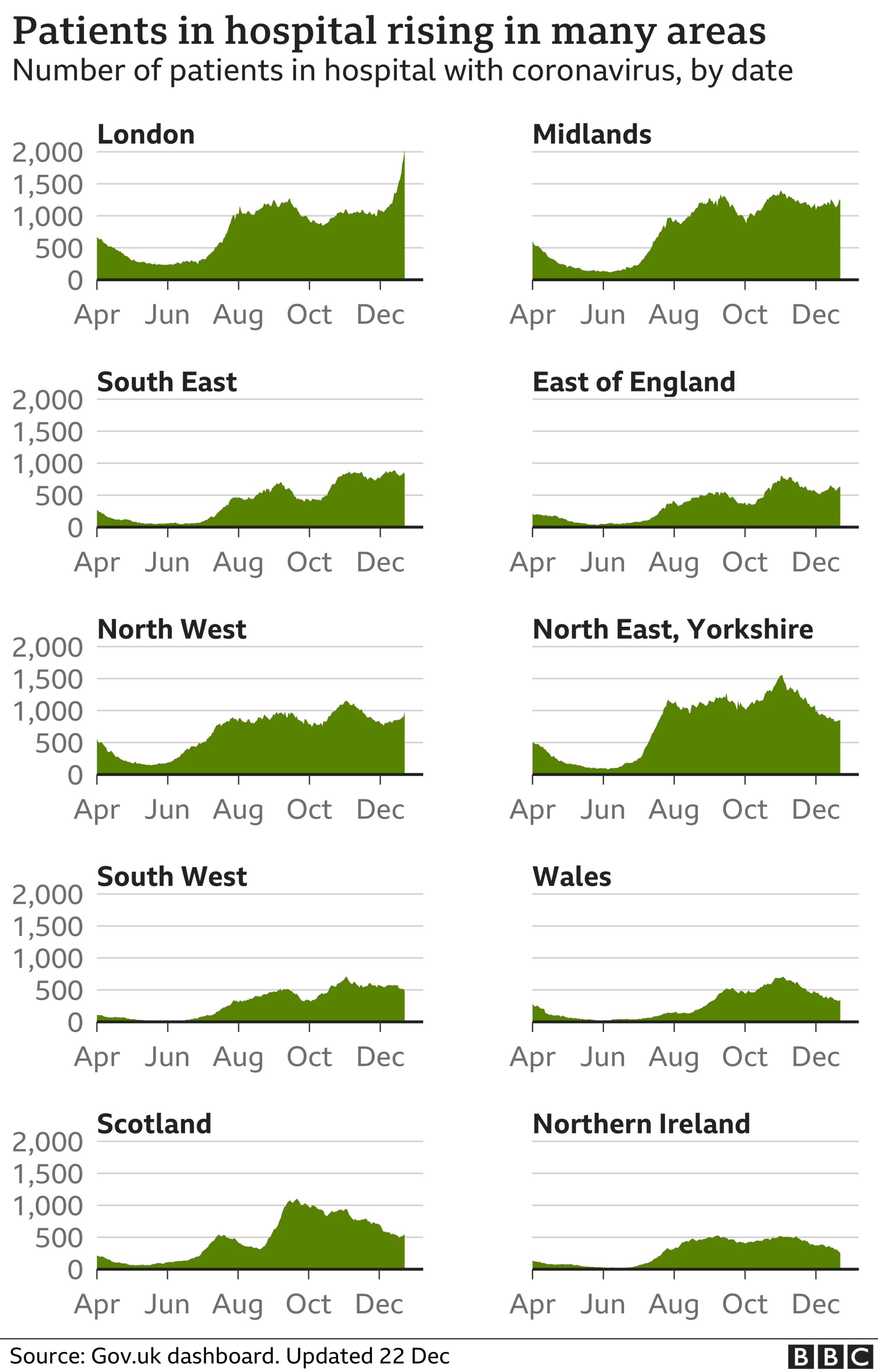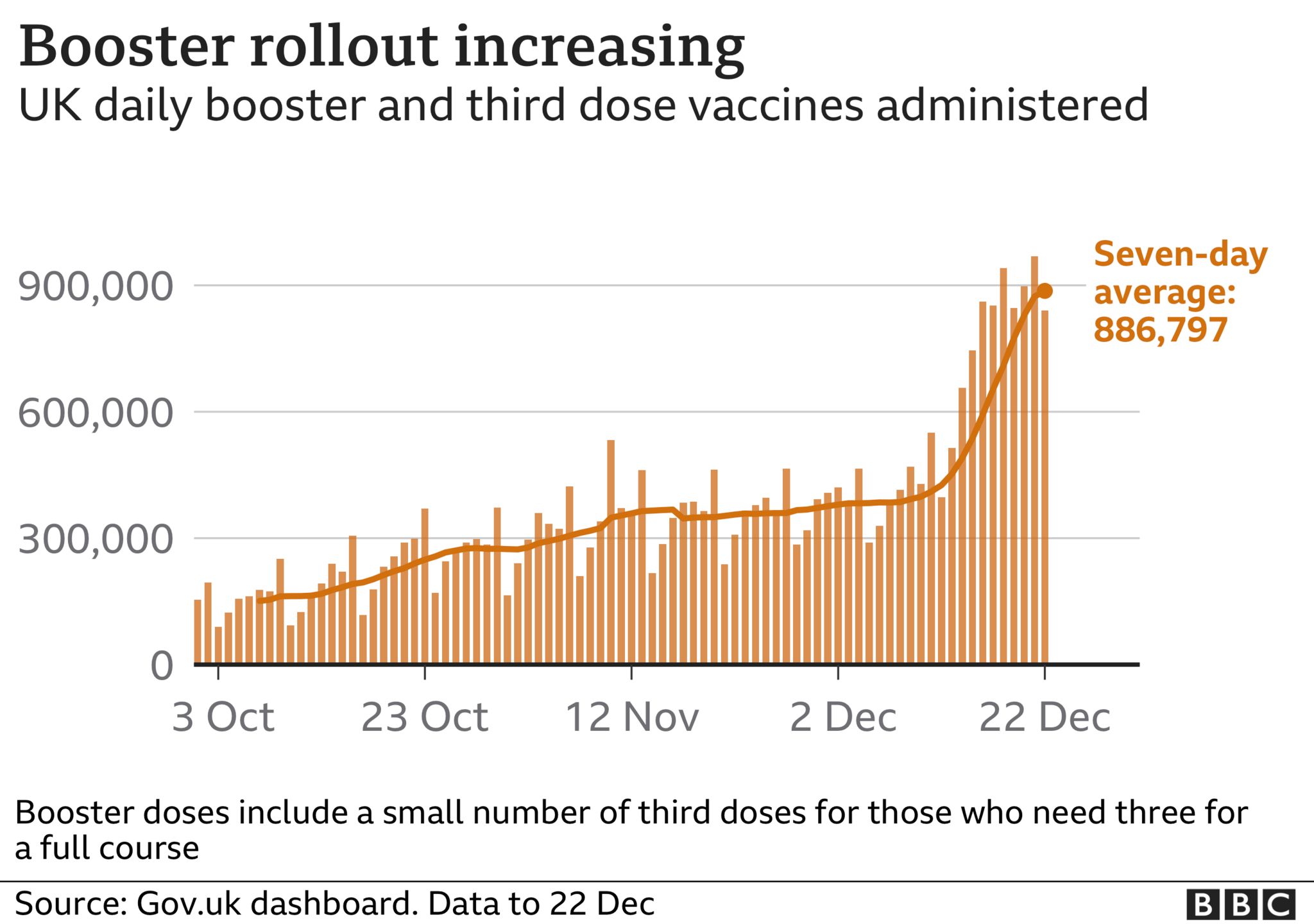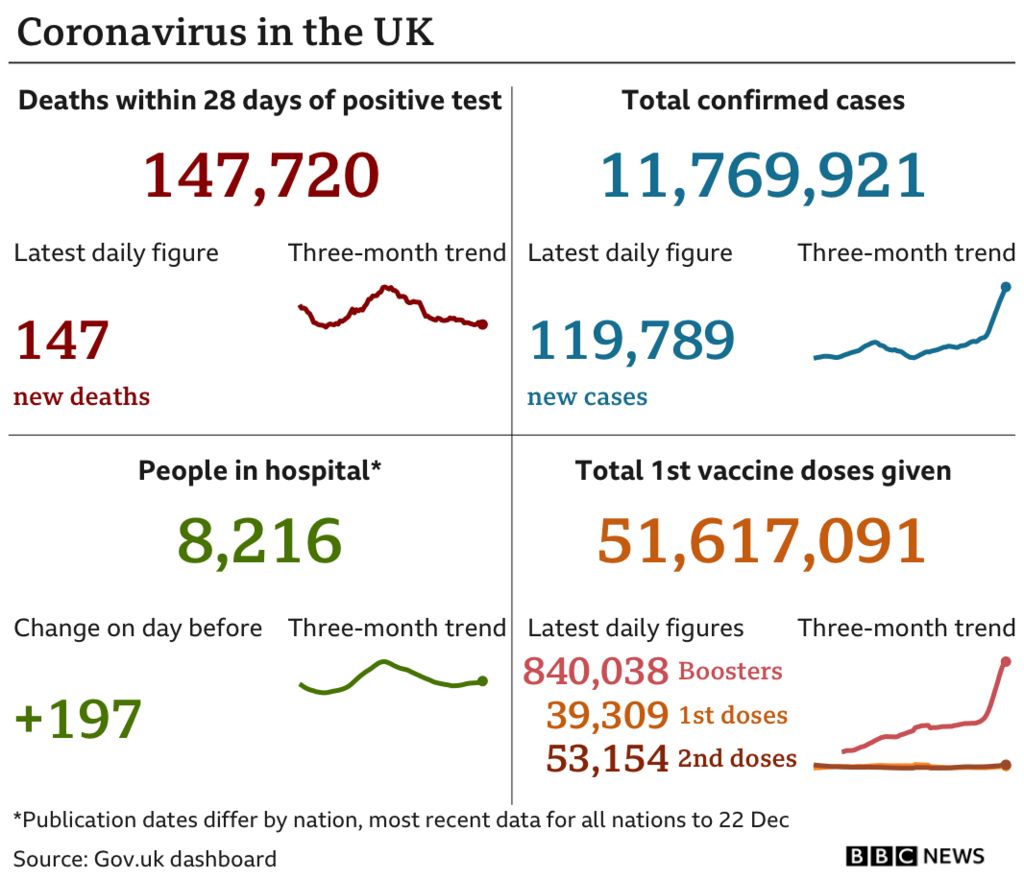Desmond Tutu, who has died aged 90, brought a searing moral authority to South Africa’s traumatic transition from apartheid to democracy. Throughout that tumultuous process and beyond, the devout Anglican was revered as a beacon of honesty, conviction, inclusiveness and sheer human decency.
Tutu was thrust on to the political stage in the turbulent last decade or so of white rule because of the enforced absence of other black leaders. Nelson Mandela and his African National Congress colleagues were in jail or in exile in the 1980s, when it was dawning on the white minority government that change would have to come, by whatever means.
His activism was as spirited as it was principled. And his oratory — a mix of humour, humanity and indignation — was as moving and effective at a political funeral in a football stadium as in the cathedral pulpit.
In 1984, Tutu’s moral leadership and his outspoken condemnation of violence by any party earned him South Africa’s second Nobel Peace Prize, after the ANC leader Albert Luthuli in 1960. Two years later he was made archbishop of Cape Town, a perch he used to intensify his opposition to the government of the hardline PW Botha.
In 1994 it was Tutu who coined the phrase “Rainbow Nation”, which Mandela embraced to help bring the divided country together. But the “Arch”, as he was known, also lost no time in establishing his independent credentials in the new democratic order, chiding the ANC in its early years in power over its sometimes profligate ways.
By 1999, when Mandela stepped down after a five-year term, Tutu had gained even broader moral authority, having presided over the country’s Truth and Reconciliation Commission in the late 1990s. The TRC held lengthy and fraught hearings across the country looking at several decades of human rights abuses. It then offered amnesty to perpetrators if their crimes were deemed to have had a political purpose. The commission would provide a model for transitional nations worldwide.
Desmond Mpilo Tutu was born on October 7 1931, in Klerksdorp in what was then the Transvaal, and was educated at Johannesburg Bantu High School in the Western Native Township. His father was a teacher, his mother a domestic servant. The young Tutu was astonished when a white man doffed his hat to her one day as she swept someone’s veranda. The man was Trevor Huddleston, a British priest who later guided Tutu towards his calling. A spell in the US strengthened Tutu’s embrace of liberation theology.

Trained as a teacher, he was ordained in 1961 and worked and studied in England for six years. He was made dean of Johannesburg in 1975, bishop of Lesotho the following year and general secretary of the South African Council of Churches from 1978 to 1985.
Loathed by the ruling National party under Botha, he was periodically denied a passport to travel and routinely demonised by the state broadcaster as a wily and sinister politician. Attempts were made on his life. But few could resist his charm in a face-to-face meeting. Within minutes, his combination of self-deprecating jokes and obvious sincerity could transform an audience of suspicious whites into a crowd of admirers. “I love to be loved,” he said, acknowledging that as a weakness.
“He sparkled in company,” said John Allen, his biographer — but it was all without artifice. “Who he was publicly was exactly who he was in private.”
Tutu ensured this craving for affection did not mute his willingness to express unpopular opinions. On the contrary, he coupled it with an audacious line in “provocations” — a word that appeared in the subtitle of the collection of his sermons God Is Not a Christian.
His support for international economic sanctions infuriated not just the Botha government but many of the white Christians he represented. Yet it simply reflected his stance that boycotts and foreign embargoes were the last remaining non-violent options to the oppression he abhorred.
Though he recognised the primacy of the ANC in the fight against apartheid, he remained outside that organisation — and angered the fiery young priests in his fold by insisting that their role too precluded membership of a political party. And when his mentor Huddleston wanted to attend an ANC plenary, he was told firmly to stay away.
Tutu was as ready to condemn brutal methods used by the ANC’s supporters as he was for those of the white security police. When he intervened to save a suspected police informer from “necklacing” (death by burning with a tyre around the neck) near Johannesburg in 1985, he told the mob it was wrong for the justifiably aggrieved to sink to the level of their oppressors. Columnist Barney Mthombothi called Tutu “the closest thing South Africa has to a sage”.

For the next decade, as head of the entire Anglican church in southern Africa, Tutu played an important part in securing his country’s path to democracy. At his Cape Town residence in 1990 it was Tutu who hosted Mandela on his first night out of jail — and who later dubbed his compatriots “the rainbow people of God”.
Whenever that rainbow became clouded by scandal, Tutu spoke out. After Thabo Mbeki, Mandela’s deputy at the time, tried to block the release of the TRC’s five-volume report because it contained references to human rights abuses by the ANC in exile, Tutu said tartly: “I have struggled against a tyranny. I didn’t do that in order to substitute another.” The account was duly published.
While chairing the TRC, Tutu was diagnosed with prostate cancer. Relinquishing his archdiocese, he spent two years in Atlanta, combining further medical treatment with a visiting professorship at Emory University before returning to South Africa in 2000. “I have come home to sleep,” he said then.
Yet what followed was anything but somnolent, as he embraced a variety of causes.
Tutu opposed the 2003 invasion of Iraq, lobbying the White House and, nine years later, refusing to share a conference podium with Tony Blair, who had taken the UK into the war alongside George W Bush. He was at least as scathing about Robert Mugabe, saying the president of Zimbabwe had to be toppled, by force if necessary.
Within the church, the man who from the early 1990s had pressed for the ordination of women extended that campaign to include gay equality — telling George Carey, his spiritual leader as Archbishop of Canterbury, that discrimination on the grounds of sexuality made him “ashamed to be an Anglican”. He also became a prominent religious voice in favour of assisted dying for the terminally ill.
Tutu married Leah Nomalizo Shinxani in 1955; she survives him along with a son and three daughters.
“Here was a man,” wrote Mandela in his autobiography, “who had inspired an entire nation with his words and his courage, who had revived the people’s hope during the darkest of times.”
https://news.google.com/__i/rss/rd/articles/CBMiP2h0dHBzOi8vd3d3LmZ0LmNvbS9jb250ZW50L2ZiYTcyYTc2LTM5YWYtNDQxNS1hZDJjLTgyMWUxNjA1YzVkMNIBAA?oc=5
2021-12-26 10:12:55Z
1231247273
